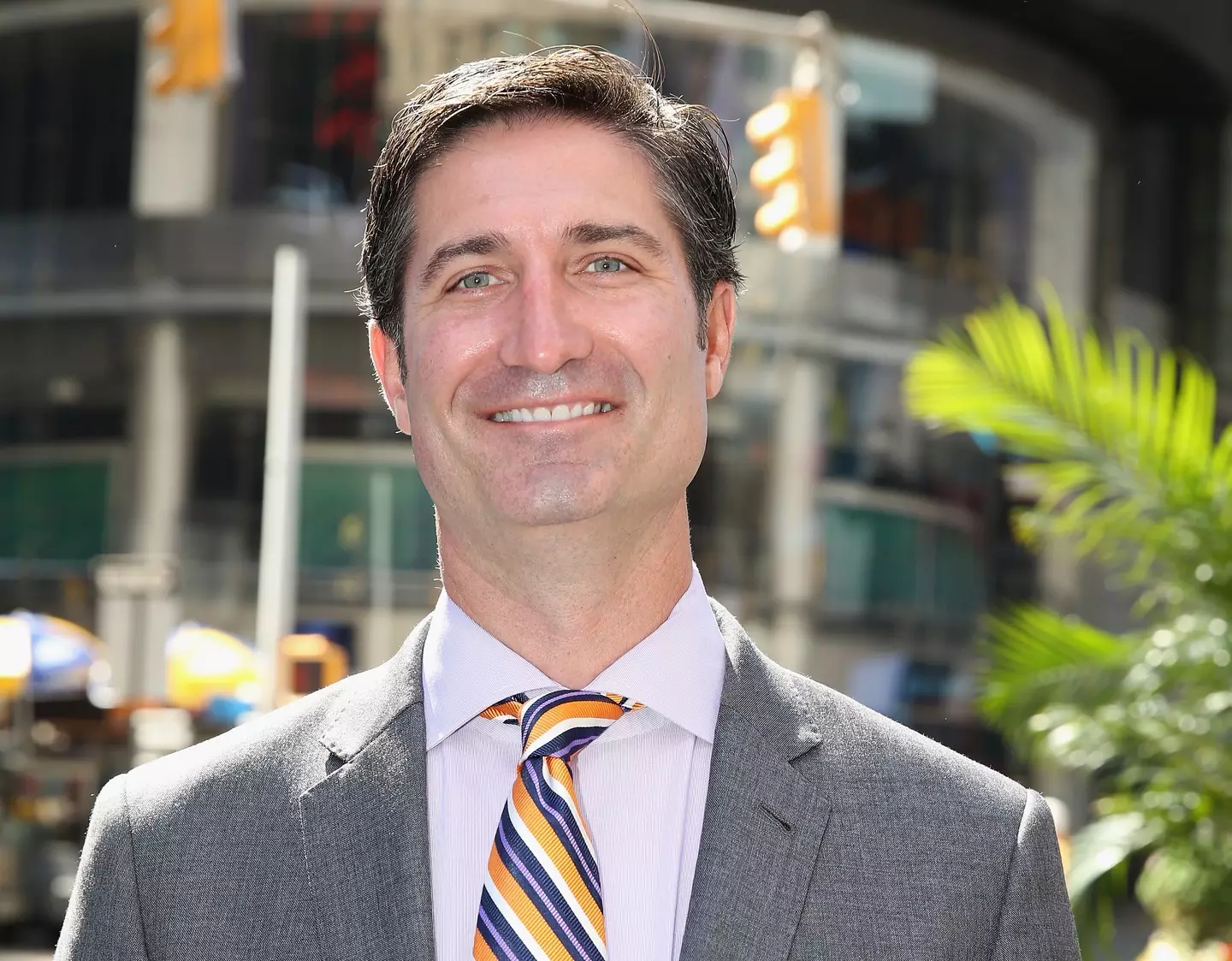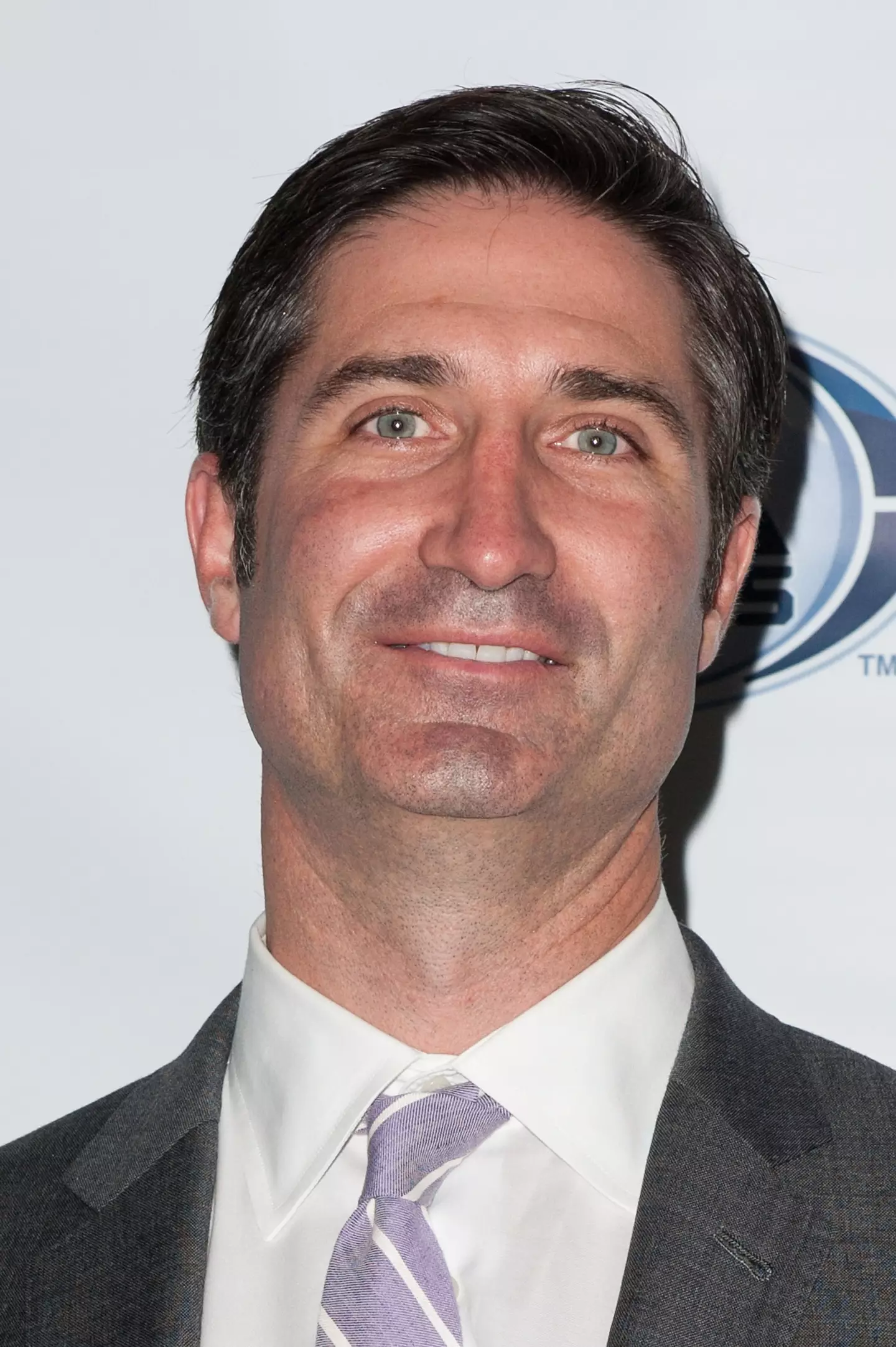The new CEO of Starbucks won’t need to move across the country to start his role, according to his offer letter.
Details from the letter, disclosed in an SEC filing, indicate that Brian Niccol will have the flexibility to work from his residence in California and commute to Starbucks’ headquarters in Seattle as needed.
The approximately 1,000-mile commute will be facilitated by the company’s aircraft, which Niccol is also allowed to use for other business-related travels.
The offer also includes a provision allowing him to use the jet for personal travel, ‘in accordance with the Company’s policies’, with a cap of $250,000 annually.
This arrangement allows Niccol to remain in Newport Beach, California without the necessity of relocating across the United States.

Per the offer, Niccol will earn a base salary of $1.6 million each year.
He is also eligible for an annual cash bonus ranging from $3.6 million to $7.2 million, depending on his performance, in addition to annual equity awards valued up to $23 million.
Furthermore, the company will provide additional support for Niccol, who formerly served as the CEO of Taco Bell Corp.
This includes setting up a ‘small remote office’ in Newport Beach with his assistance, which will be maintained at the company’s expense.
Niccol will also have the freedom to hire an assistant of his choice to manage operations from the remote office.
When not traveling for work, Niccol is expected to work from Starbucks’ Seattle office at least three days a week, in line with the company’s hybrid working policy.
This policy mandates that office-based employees work from the office at least three days a week.
A Starbucks spokesperson commented: “Brian’s primary office and a majority of his time will be spent in our Seattle Support Center or out visiting partners and customers in our stores, roasteries, roasting facilities and offices around the world.

“His schedule will exceed the hybrid work guidelines and workplace expectations we have for all partners.”
Raj Choudhury, a professor at Harvard Business School who specializes in remote working, told CNBC: “Starbucks based its process of selection on this person’s prior record of boosting restaurant-based companies, not their location.
“I expect more companies will take notice and follow suit: If you want to attract and retain the best talent, you have to be open to flexible work arrangements.”

